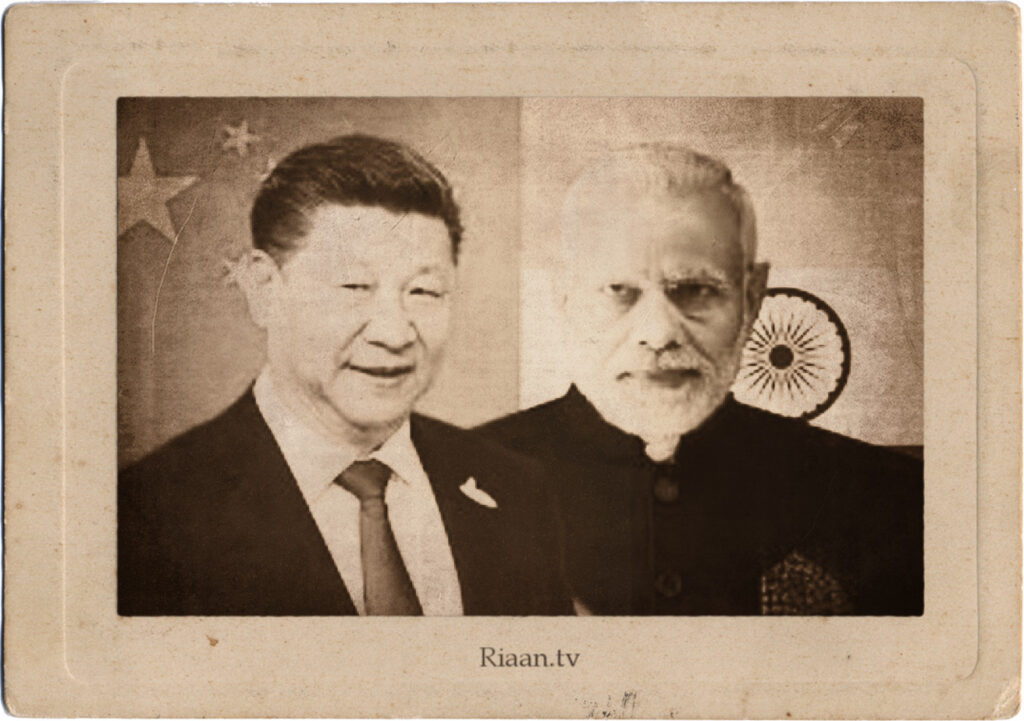Tianjin, China: On the sidelines of the Shanghai Cooperation Organisation (SCO) Summit on Sunday, Prime Minister Narendra Modi and Chinese President Xi Jinping held delegation-level talks, marking their first meeting in nearly a year. In his opening remarks, Xi underlined the importance of India-China cooperation, saying it was “vital for the dragon and the elephant to come together.”
During their discussions, both leaders reflected on the historical ties that bind India and China, emphasizing the need for a collaborative approach towards common challenges. This includes addressing climate change, combating terrorism, and enhancing trade relations. By promoting greater cooperation, both nations can harness their vast resources and populations for mutual benefit.
“The world is going through transformation. China and India are two of the most civilizational and populous countries, part of the Global South. It is vital to be friends and good neighbours,” Xi said. He also highlighted that 2025 marks the 75th anniversary of India-China diplomatic ties, urging both nations to manage relations from a strategic and long-term perspective while working together for a multipolar world and stronger multilateralism.
In recent years, the dynamics of global politics have shifted, requiring India and China to reassess their strategies. As emerging economies, they face pressures from other global powers and must navigate complex international relationships. The dialogue between Modi and Xi is not just a bilateral affair; it holds implications for global governance and economic stability.
PM Modi: ‘2.8 Billion Lives Linked to India-China Ties’
PM Modi, in his televised remarks, stressed that the welfare of 2.8 billion people depends on bilateral cooperation. He reiterated India’s commitment to advancing ties with China based on “mutual trust, respect, and sensitivity.”
This recognition of the intertwined fates of 2.8 billion individuals underscores the significance of their partnership. Initiatives such as the China-India Comprehensive Trade Agreement could be pivotal in enhancing trade flow and economic interdependence, which can lead to prosperity for both nations.
Touching upon border stability, Modi noted that peace had been maintained after last year’s disengagement and said both sides’ special representatives had reached mutual consent on border management. He also announced the resumption of direct flights between the two countries and the revival of the Kailash Mansarovar Yatra, signaling cautious steps toward restoring normalcy in ties strained since the 2020 Galwan Valley clash.
Moreover, the resumption of direct flights is a vital step towards fostering people-to-people connections that have been hampered by the pandemic. Enhancing tourism and cultural exchanges can also play a significant role in building goodwill, paving the way for further diplomatic progress.
Strategic Reset After Seven Years
This visit marks Modi’s first trip to China in seven years, a period during which bilateral relations have been overshadowed by border tensions. The last face-to-face meeting between the two leaders was in October 2024, after which both sides announced progress in military disengagement.
Modi’s previous visits to China were characterized by optimism, yet recent years have introduced challenges that require careful navigation. The two nations must now work diligently to rebuild trust and collaboration, focusing on shared goals in the Asia-Pacific region.
Analysts see Sunday’s talks as an attempt by both nations to balance strategic competition with pragmatic cooperation. With global trade tensions—including Washington’s tariff battle—reshaping the economic landscape, India and China’s dialogue at the SCO is being closely watched for signs of a reset in Asia’s most consequential bilateral relationship.
Continued dialogue at forums such as the SCO is essential for addressing issues that transcend national borders, including cybersecurity threats and the need for sustainable development. Both leaders acknowledged that their countries must lead by example in global forums to advocate for a balanced approach to international relations.
